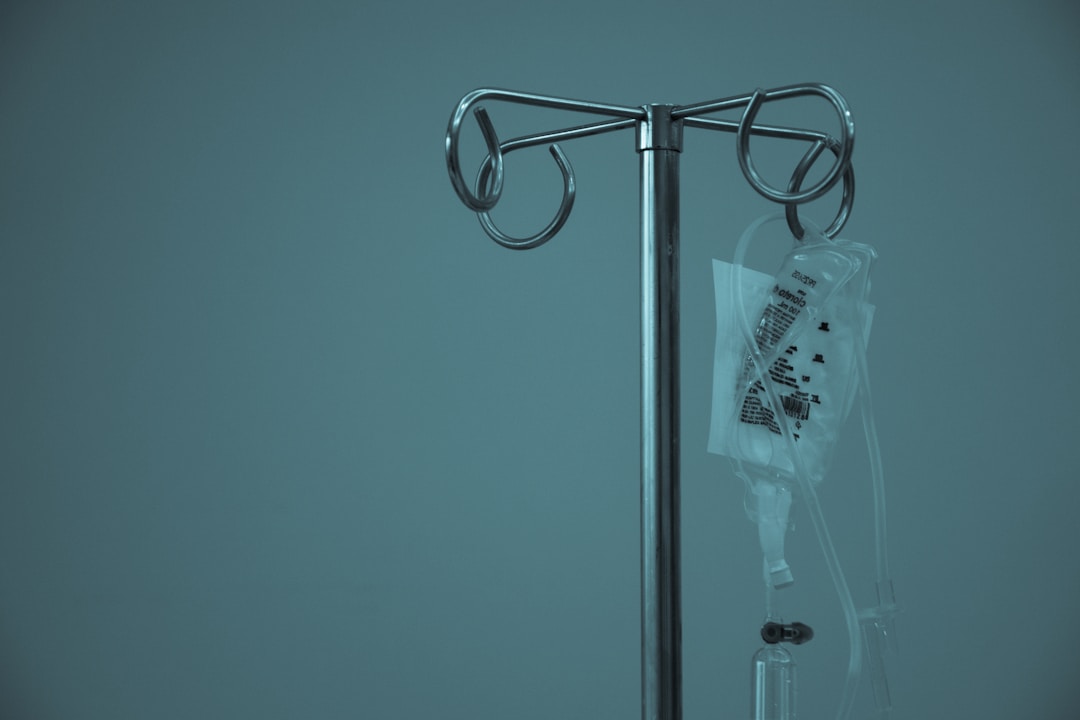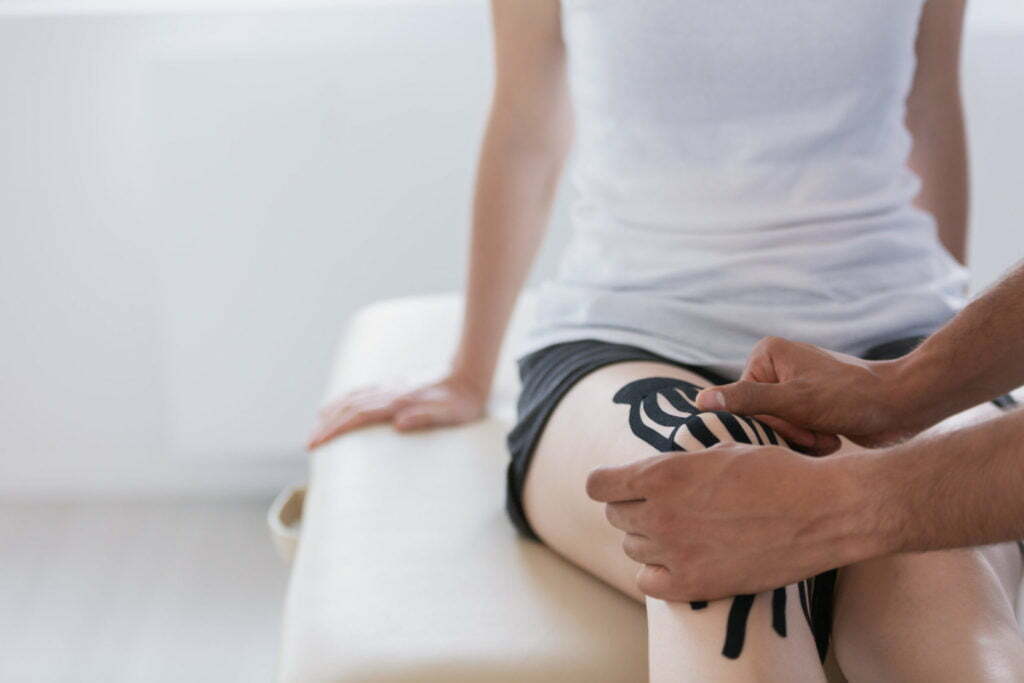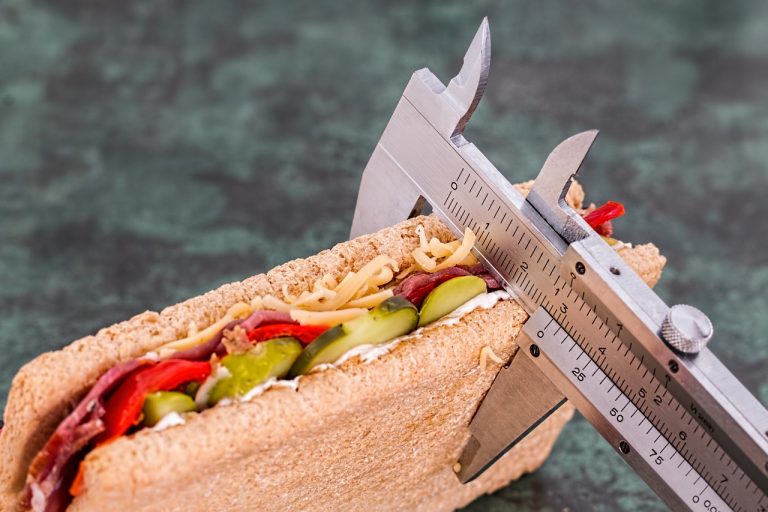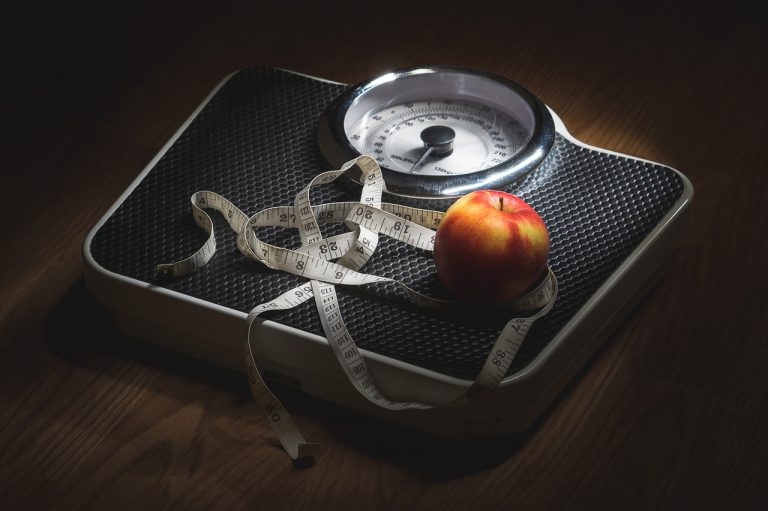The human body is a group of complex systems that work together. From your circulatory system and nervous system to your respiratory system and immune system, your body works together to keep you healthy, alert, and alive. Whenever there is a disruption or interference with any of these systems, it can cause reactions that upset various other parts of your body.
When you get a cut, your body goes to work to send platelets to the site to clot the blood and stop the bleeding. Your immune system will then send cells to the injury site to fight off infection and any invading bacteria. You might notice some swelling as the cells gather around the cut to protect your body. This is an immune response called inflammation. All of this happens as soon as the injury occurs. This complex reaction happens inside of your body just for one paper cut.
If you’re involved in a car accident, have major sports injuries, or experience another incident with a traumatic injury, the above process will happen on a much larger scale. Traumatic injuries induce complicated responses in the body that can disrupt immune system homeostasis. Major injuries can cause your immune response to overcorrect and leave your body exposed to opportunistic infections and complications from inflammation. The response to injuries varies by type and severity and is also dependant on factors such as age, sex, genetics, and medical history.
As a result of your body’s response to an injury, your immunities could be compromised as the normal balance and functions have been disrupted. As a result, many patients can develop secondary infections and complications following a major injury. This is a major concern for athletes and others who are at a higher risk for injury. If you have experienced a traumatic injury, your doctors will develop a plan to try and prevent infection and immune response interruption.
Infusion Treatment

If your immunities have been compromised due to a recent injury or illness, your doctor may recommend that you receive IVIg infusion treatment. Intravenous immune globulin (IVIg) is given to people with weakened immune systems to help fight off infections. Some diseases that attack the immune system might also require IVIg. Immunoglobulin is found in the plasma in your blood. It has antibodies that target germs and bacteria. If you receive IVIg, it can help strengthen your immune repose and allow you to fight off infections more easily. Doctors prescribe IVIg for numerous illnesses and injuries that require a greater immune response.
Physical Therapy

Another way to heal faster and give your immune system a break after a traumatic injury is to receive physical therapy(PT). Physical therapy is very common among athletes who suffer sports injuries that require rehabilitation for a part of the body. After a car accident or other event, you might also need physical therapy to help your body heal correctly. A physical therapist can help you recover faster from orthopedic injuries. Your doctor will decide if you need to see a physical therapist or other sports medicine specialist for your injuries. Licensed physical therapists will help you get the best care for your injuries. Depending on where you live, you can search for “Denver total PT,” for example, to find a specialist in your area.
While you might require infusion treatments or physical therapy to help you recover from traumatic injuries, one of the best things that you can do is rest. The benefits of resting after an injury are widely known as one of the best ways to help your body heal. While you rest, your immune system can get stronger and help you fight off any issues. If you want to get better faster, be sure to follow your treatment plan for any infusions or PT and be sure to get plenty of rest.





